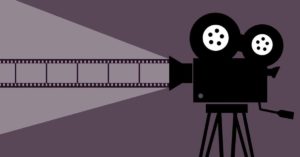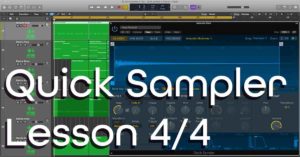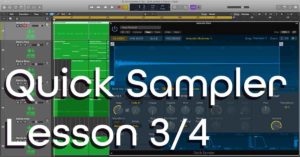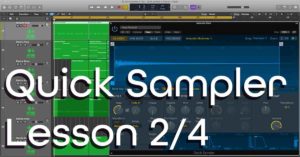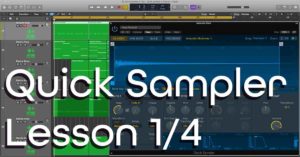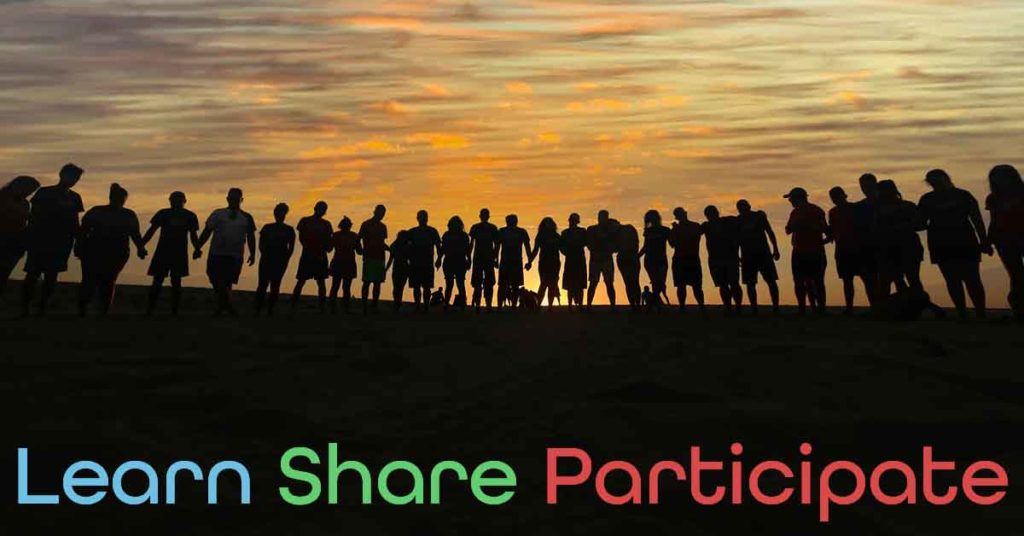
bemusiDarren
Learn. Share. Participate.
Hang Out at Be Musi!
I have spent many years as a musician and composer trawling through hours of YouTube videos learning about new gear, plugins, techniques and my favourite, watching how other musicians, producers and composers approach the craft of making music and music production; whatever the style there’s always something to discover that you can apply to your own music.
I want an ethos of learning, discovering and being part of a community at be musi.
Learn
There’s no denying that in order to get better at something you have to learn it first. Very few people in this world are gifted with the ability to ‘just do it’. Those that can will still spend many hours perfecting and improving on their natural ability. For the rest of us it just take longer with a bit more sweat and tears alongside the right type of learning that benefits you.
We all learn in different ways, when I started be musi and ran my test groups one of the most interesting thing I found was that everyone learns differently. Some preferred to have a document to read, which evenly split into two camps: those that were happy with a digital product and those that preferred a print copy to write on and have in the studio on the desk. Some preferred video that they could play back at their leisure. The two things everyone agreed with, was having an instructor to stop and ask a question and being in a group to discuss, listen, support and learn which made the whole thing more pleasurable.
Considering how all my students learn led me to adding as much support material as possible to help the way individuals learn. Providing document guides to download, video recordings of the live classes, pre-built templates, plugin pre-sets and video courses as part of the coaching programmes adds value and helps to accomadate everyones preferred way of learning.
So I guess the question to ask yourself is..
What Sort Of Learner Am I?
The Bay Atlantic University identifies four types of learners that might be useful to you when thinking about how best you learn, especially when considering investing in your learning. It will help you determine whether what’s on offer fits with you. The four learning styles are:
- visual learner
- reader/writer learner
- kinaesthetic learner
- auditory learner
A visual learner, as you might imagine, is someone that learns best by sight. Learning from graphs, diagrams and charts. If you are thinking a visual learner means learning from images and video you might be surprised to learn that’s not the case. Often visual learners don’t respond well to a visual medium but need patterns and shapes to help them learn faster.
A reader/writer as you might well guess learns best using words. That can be either reading or actually writing something to confirm or retain information. For a musician who learns best by reading/writer using manuscript or chord charts to write out music can help; even keeping a journal or using notes on a phone to jot a particular technique can help retain knowledge.
A kinaesthetic learner best learns by doing. They learn by by trying things out, being practical and having a go. Kinaesthetic learners learn by having material presented through personal experience and recreating what they’ve learnt by practicing. I have built this type of learning into be musi by having short targeted tasks in class, giving everyone the opportunity to try things out live and then discuss, which brings me on the last learning style. The auditory learner.
This is a person who learns fastest when hearing someone speak. They like to clarify things in their mind after they’ve been taught something, which helps them to both confirm what they’ve learnt as well as retain it. Auditory learners learn best when given the opportunity to be a part of a lecture and group discussion. Auditory learners learn best when they can repeat what they’ve learnt via classmates repeating back concepts and ideas and then revisiting an audio or video recording.
This is the very reason I added the live 30, lab sessions to every live coaching class and the downloadable video of the class. The Lab allows for group discussion and the video recording enables repeat learning for auditory learners.
It’s worth thinking about the type of learner you are as it will really help you to work out the best way to retain information and learn.
If you are a kinaesthetic learner you might benefit from watching less YouTube videos and practicing more? Watch one to two videos on close and open position writing and then practise, practise, practise.
If on the other hand you are a reader/writer learner, you may want to grab some manuscript and write out the harmonise or draw them a few times in Logic Pro X using Studio Horns.
By understanding who you are and which type(s) of learner you are will help you to not only learn faster but choose a course that’s right for you if you are interested in investing in your music knowledge?
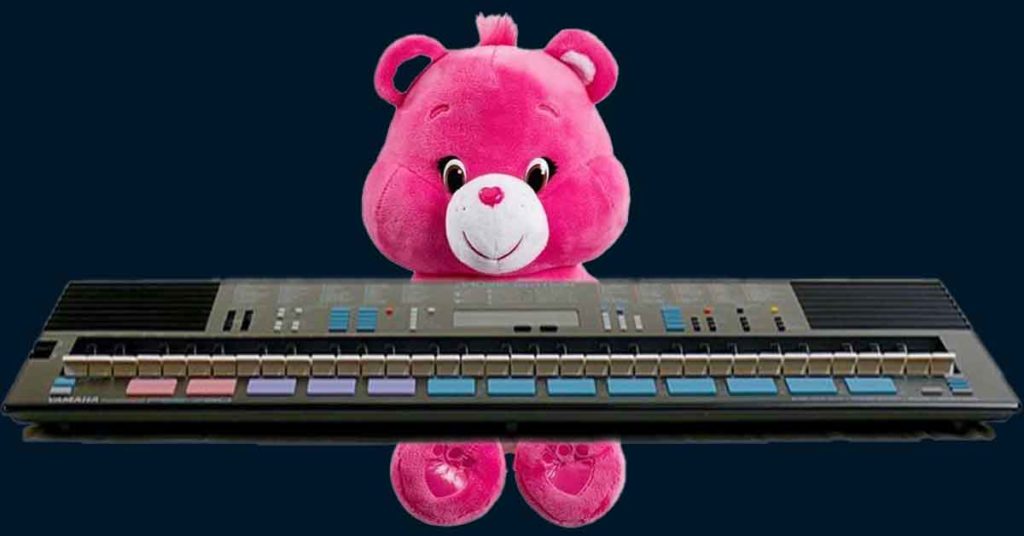
Share
When I was at school I didn’t like it that much, but one thing I did like was any group learning opportunities, especially with friends, however music lessons, when I was at school weren’t up to much, not that they were bad, just a bit uninspiring.
One thing everyone did like about music was the one keyboard that had not just piano keys but drum pads too. Everyone in class wanted the Yamaha PSS780 hiding away in the cupboard waiting for 30 eager children to all descend upon it at once in a mass frenzy; no one wanted the other keyboards. I was sharp though and always pair up with my mate Jidi, the biggest, strongest chap in class. It didn’t matter how far behind everyone else he was. He was like a mad bowling ball crashing through all the little human skittles as he reached over and grabbed piano come drum machine heaven! I got to play on that thing every time without fail.
What’s interesting, apart from shamefully hogging the keyboard via Jidi for a whole year was that I can remember pretty much everything we did. All good memories still as vivid today less Jidi making me sing, Care Bears Care A Lot, to the whole class. That memory is most vivid and one I’d rather forget!
Having said that, sharing our learning together was fun. We learnt a lot about music and more importantly sharing the experience together including the race to the drum padded keyboard is one of my fondest memories.
It’s been proven that collaborative learning can improve retention of information, performance communication skill and confidence.
However, there’s always pros and cons to anything: as be musi offers live interactive zoom coaching programmes it’s worth discussing the pros and cons.
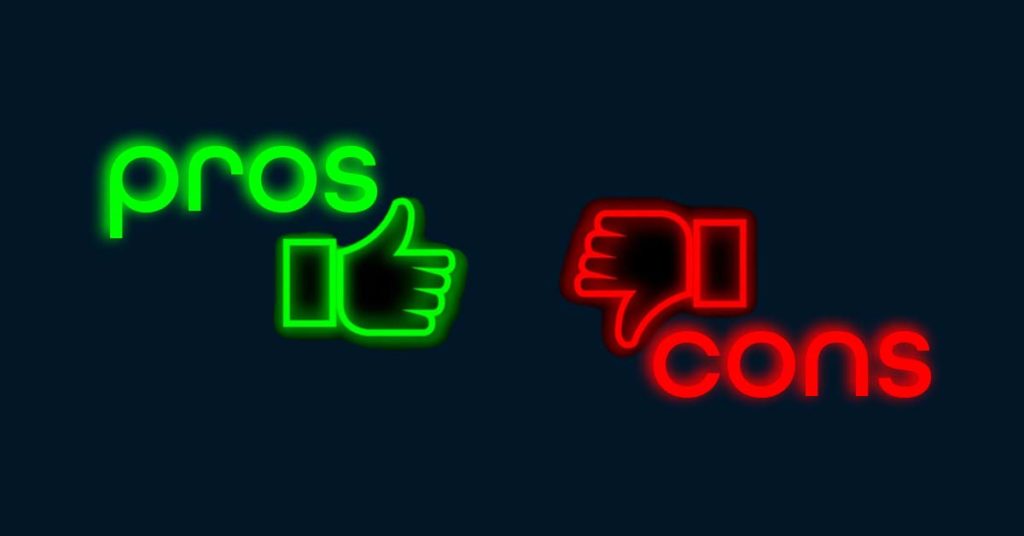
Participate
Pros – Focus and discipline is an essential trait one needs in order to develop and excel in anything. After extensive research into YouTube entrepreneurs, Think Media found the main difference between, YouTuber and ‘Youtrepreneur’, the name given to highly successful content creators, was that they have”focus and discipline”. Unless you are completely self-motivated group learning and development is a great way to help you stay focussed. By participating in group learning, even though ultimately you’re on your own, being in a group helps you stay on track because you become part of a support network and everyone invests and roots for each others success.
We all know the saying two four heads is better than one. Research is proven that when working in a group you are more likely to experiment and try out different techniques.
When I’ve not won a pitch for a job I’ve often asked myself the question “what mental process did the winning composer go through to win the job, what did she/he focus on musically that took them on the path to success, what thought process should I have changed which could of helped me win the job?
Of course there’s no right or wrong answer but collaborating with other musicians helps you to see and learn from a different angle. You will always go through the same thought process when learning or writing on your own but when working in a group, you have instant access to the minds of others who might just take a different approach, inspiring you and enriching your musical vocabulary.
Many studies have shown that you learn faster and retain information for longer when discussing and questioning each others opinions and reasons for doing something. At be musi it’s not just about asking the coach why you should do something it’s about asking classmates why they did something. That is as beneficial to your own development as learning a new technique from the coach.
You get so much more satisfaction when learning in a group. Research has shown, that when solving a problem or overcoming something that you find difficult it is more satisfying when in a group. Students report feeling, ‘extremely satisfied’ when both helping others and gaining new knowledge as part of a group, compared to those that learn on their own.
97% of learners report that working in a group helped them learn faster, retain more information and enhanced their collaborative skills compared to those that learn alone.
As a musician I know there’s no greater joy than working with other creatives. You not only up your own game to keep up with others you get complete satisfaction when it all comes together and locks in as a group. I love working as a composer and feel lucky to do this as a job but I absolutely LOVE it when budgets stretch to working with and recording other musicians. That’s when things come to life!
Cons – As much as I’d like to say there are no cons to group learning so jump on a be musi course and experience the thrill of group learning today I’d not be doing you any favours as it might not be for you and like anything there are downsides too?
When working with others natural conflicts can occur due to differences of opinion. Student can find it hard to deal with criticism or differences of opinions. They can take things too personally rather than see it a ‘little gem’ to learn from. My life as a composer is to change the music if the producer or director doesn’t like. I don’t get personally offended if I’m asked to change something, that’s my job I expect that. For others, it can be too personal and hurtful so group learning may not benefit them. People who are quiet can often find it difficult to express their opinions and can become dominated by louder, more vocal group members who can often lead things off topic and get bogged down in unnecessary subjects. Conflict or strong differences in opinion can also lead some to learning less rather than more and inhibition can creep in; this means that unequal learning so it’s up to the coach to be aware of managing a group so everyone has an equal voice and keeps things light, fun and on track. leading to everyone’s success!,
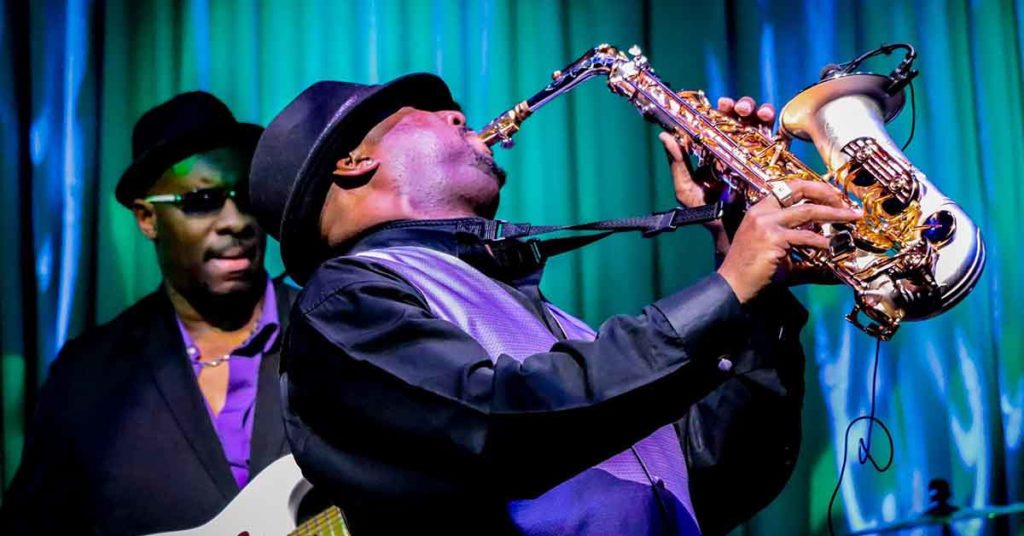
Be Musi Is a Club
Learning in a group should be fun and easy; if done right the advantages definitely out way the disadvantages. Group size and how everyone is managed is crucial to successful outcomes and it’s my number one priority to make sure groups sizes are correct and everyone’s learning is taken care of. I’m extremely passionate that anyone joining a be musi course feels comfortable, is well looked after and enjoys the whole experience beyond learning a ton of new music techniques! I have created a balance of group learning and the Lab Sessions with time in class for students to work on their own projects and exercises resulting in both group and individual learning in every session.
I go back to my article, Judge Dredd to be musi where I refer my visit to the live venue, The Cucumbar where they host open jam nights in the style of gypsy jazz. As the evening progressed musicians of all levels and instrumental backgrounds dropped in to jam and have a good time.
Musicians from beginners to pros all jamming, sharing and playing together, the spirit and generosity of the pros inspired both the other musicians and me. It’s how I want be musi to be, a club where everyone can learn and share their musical ideas, be free to learn from others and, unlike me when I’m pitching for a job, get the opportunity to see how every one else approaches the same idea but goes in different musical directions.
A be musi course won’t just teach you new musical approaches, you’ll get an insiders front row seat into the minds of your classmates to see how they take taught concepts in directions you’d probably never have thought of. This will make you a better musician and a more creative composer!
Stop Being Confused About Music
Subscribe to the be musi mailing list and learn more about music, be musi courses, how to develop your career, musicianship, and production skills.

